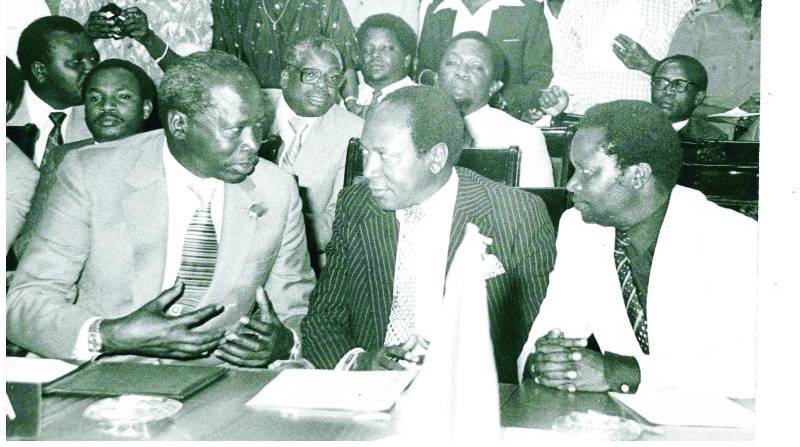
Dr Robert John Ouko had an impeccable record in the Ministry of Foreign Affairs under President Daniel arap Moi for six years, between 1979 and 1983, and again from 1988 to 1990, during one of the country’s most turbulent times. The KANU party’s regime was under pressure locally and internationally over its appalling human rights record and grand corruption. The pressure was intensified and spearheaded locally by the Clergy and by an outlawed group called Mwakenya that was made up of university students, politicians and activists.
Despite the onslaught from Opposition leaders, Western envoys accredited to Kenya, and development partners like the International Monetary Fund (IMF) and the World Bank, the Kisumu Town MP strongly defended the Moi regime through local and international media platforms. Indeed, Ouko emerged as one of the foremost articulate defenders of the track record of Moi’s political establishment, especially in view of adverse coverage in the country and in the Western press.